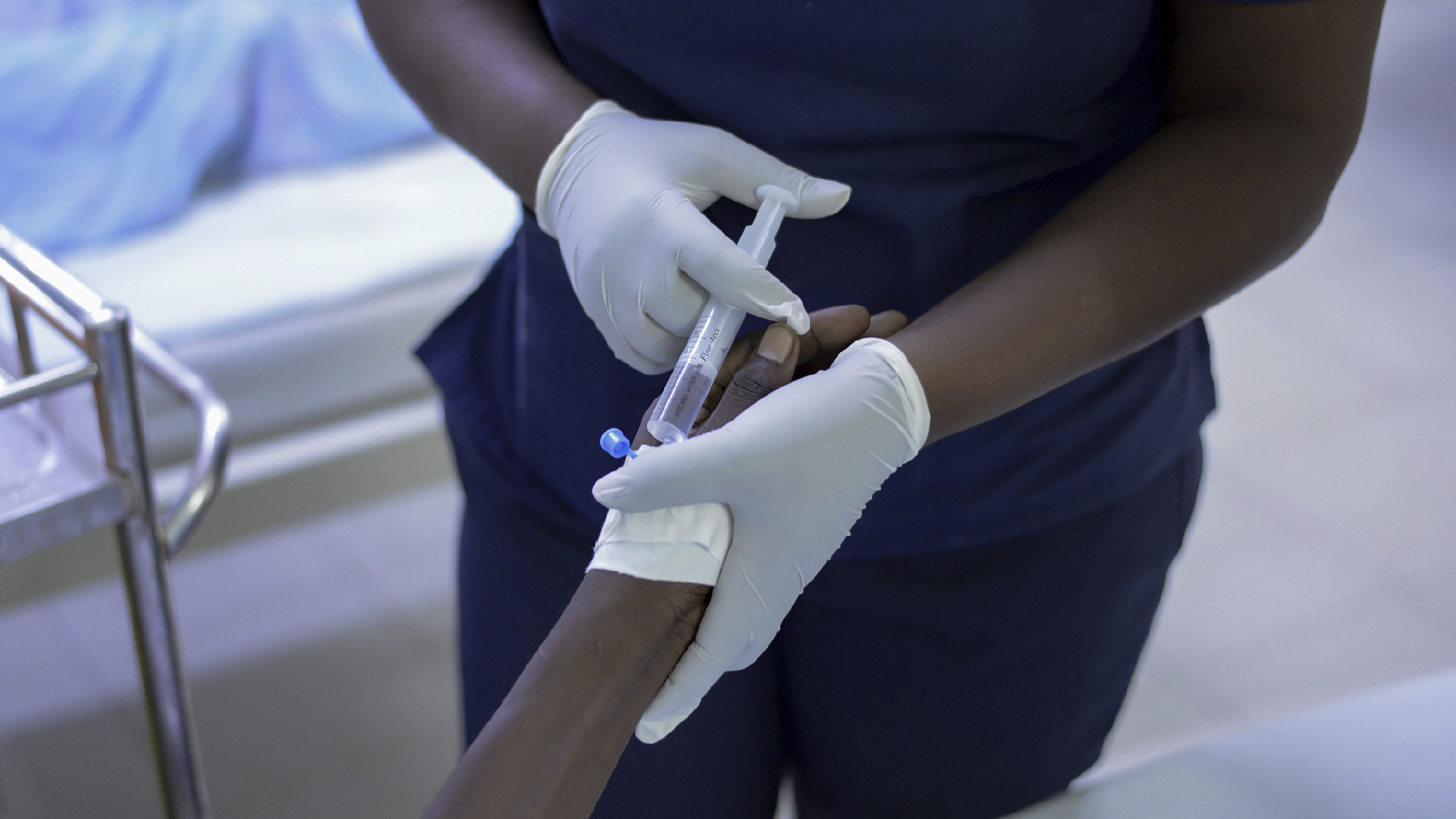African Researchers Alert an Increase in Mosquito-Transmitted Illnesses
African scientists are raising alarms about an expected increase in mosquito-borne diseases.

Michael Charles, the chief executive officer of the RBM Partnership to End Malaria, pointed out the growing danger posed by mosquitoes across Africa. These pests are aggravating the spread of diseases like malaria, dengue fever, and yellow fever.
"And climate change is fueling the spread of mosquitoes responsible for malaria and dengue fever transmission in Africa, impacting negatively on economic growth," Charles said.
There are 3,500 mosquito species globally, with 837 present in Africa. Charles remarked that efforts to eradicate these mosquitoes are becoming increasingly difficult due to factors such as rising temperatures, genetic mutations, and resistance to insecticides.
He further noted that environmental pollution, ineffective surveillance systems, and a lack of awareness regarding the importance of using insecticide-treated nets have intensified the proliferation of female mosquitoes, which are linked to rising cases of malaria and dengue fever.
Charles highlighted that a 20-percent reduction in malaria cases in the most affected African nations could yield an additional $60 billion to their gross domestic product each year, while also leading to better health outcomes for pregnant women and young children.
Philip Chigiya, secretary of the African Leaders Malaria Alliance Youth Advisory Council, emphasized that halting the spread of disease-carrying mosquitoes necessitates improved environmental sanitation, universal access to treated nets, and research into the insects' mutation patterns.
Chigiya asserted that investing in a climate-resilient future would assist the continent in reducing the burden of infectious diseases, including malaria, dengue fever, cholera, and the Zika virus.
World Mosquito Day, observed annually on August 20, aims to increase awareness about the anatomy of mosquitoes and their capacity to transmit life-threatening diseases to humans.
Krystal Mwesiga Birungi, field entomology coordinator for Target Malaria Uganda at the Uganda Virus Research Institute, cautioned that mosquitoes have been gradually evolving. A newly identified invasive species in Africa is complicating efforts to control these insects.
(Cover: A nurse administers an injection to a malaria patient in a ward at Nightingale Medical Centre, in Kisumu, Kenya, April 16, 2024. /CFP)
Ian Smith contributed to this report for TROIB News












